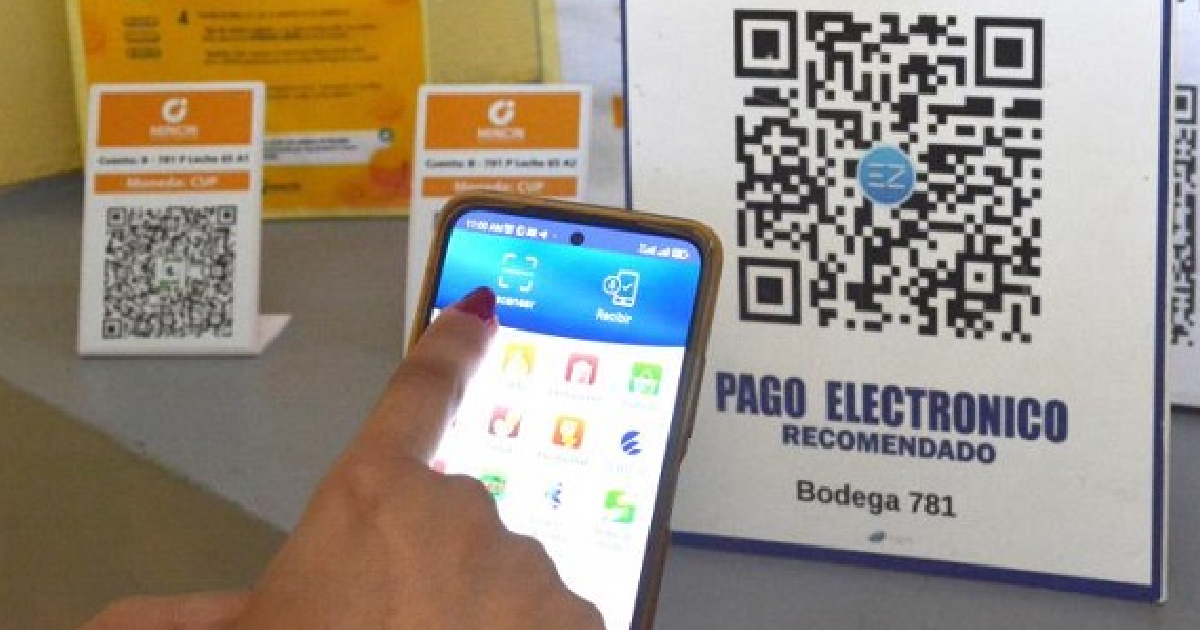
The Cuban regime closed 45 establishments that they did not comply with the instructions issued by the government to impose electronic payment in the collection of their services, according to information circulating through the official media.
According to a note published in the official newspaperGranma, after an inspection, last February, of 3,341 entities dedicated to commerce, divided into 1,895 from the state area and 1,446 from private management, they detected that in 893 the provisions of Resolution 93/2023 of the Ministry of Domestic Trade (Mincin).
TheResolution 93 of 2023 of the Mincin, which came into force on February 2, obliges entities dedicated to commerce to provide consumers with access to and use of electronic payment channels, so by failing to comply with these conditions,The authorities can fine, confiscate and even close establishments.
The closures of 45 entities are covered under this rule, in which 89 fines and 75 withdrawals of commercial authorizations were also applied, the aforementioned media reported.Mirurgia Ramirez Santana, director of Market Regulation and Marketing of the Mincin.
The official indicated that the most repetitive cases occur in the private marketing area and in the points of sale of agricultural markets belonging to the Ministry of Agriculture.
He highlighted that in the case of the Ministry of Food, non-compliance is fundamentally associated with local subordination bakeries.
The report also indicates that before the implementation of this Resolution, the Commerce directorates in the territories were looking at 10,723 economic actors who did not comply with electronic payment, of them, 4,192 were state-owned, 5,653 were self-employed. , 827 micro, small and medium-sized enterprises (MSMEs), 47 local development projects and five non-agricultural cooperatives. They claim that “58% of the entities did not have any payment gateway.”
The approval of this Resolution was registered in theannouncement by the Cuban regime of a program for the banking of the country with a view to encouraging the use of electronic collection and payment channels on the island, where not even the ATMs have cash.
Since its approval was announced, the government stated that the measure would involve all natural and legal persons that carry out commercial activities that need Registration in the Central Commercial Registry (RCC).
It would also contemplate a transitional provision for natural and legal persons who, upon the entry into force of the resolution, do not have payment facilities through the aforementioned means.
At the end of 2023 the government complained thatPrivate businesses resist the banking process. Manuel Marrero warned entrepreneurs that "no one can refuse a client to pay them electronically."
What do you think?
COMMENTFiled in: